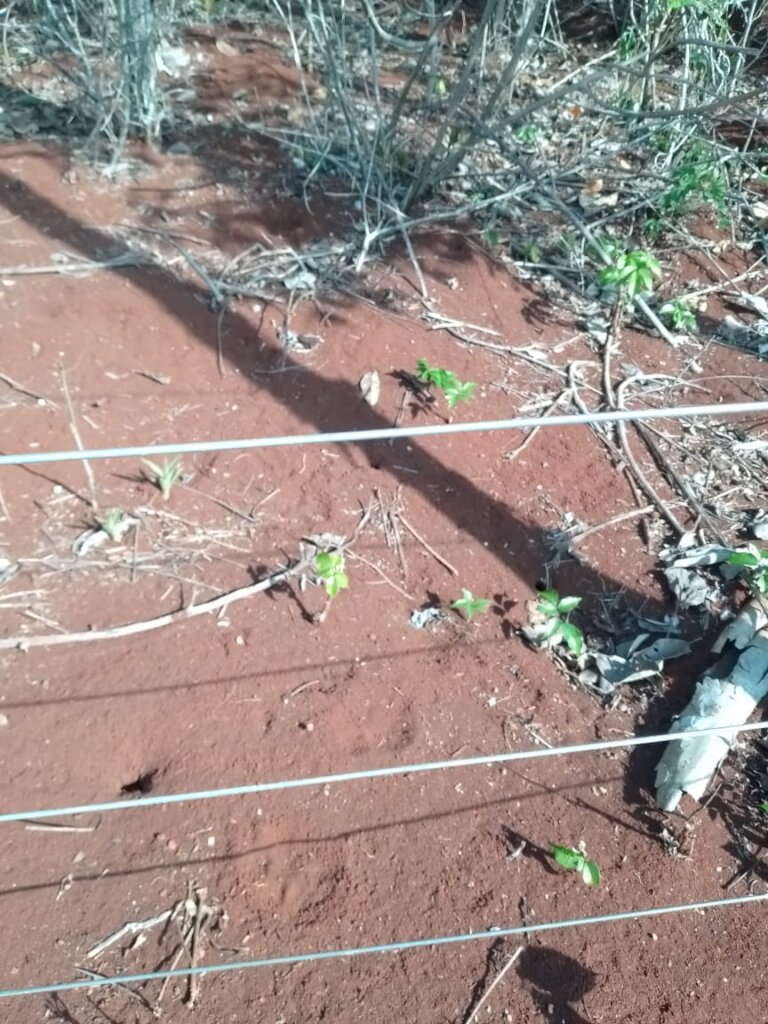By Victor Castelazo | Project Assistant
We have been able to identify the highest conflict that jaguar populations have in the region: The conflict between human communities and cattle predation. The Jaguar's habitat is reduced every year due to human activities focused on expanding agricultural lands or changing the landscape into more urban areas. When their habitat is reduced, they are forced to look for food on different places, and usually the easiest meal is cattle, sometimes calves and sometimes goats. When jaguars attack cattle, people get really mad because they see their cattle as a long-term investment, looking for retaliation they hunt and kill the closest jaguar they find, no matter if it was the one that made the attack.
The sad part is that no one is guilty and both are victims of the circumstances. Jaguars don't have to be hunting cattle because their natural habitat has been reduced as a consequence of human activities, and the local people can't be blamed for the killings because they are loosing the few resources they have. So what can we do? We are starting to work with communities helping them to establish antipredator technology to ensure that jaguars and other carnivores stay outside their ranches and reduce cattle mortality. Likewise, we are monitoring the jaguar population to identify their usual activity areas and identify the regions where this measurements must be applied before any attack.
We have established two electric fences in one community and successfully prevented an attack! One of the locals told us that she found tracks of a big cat next to the electric fence and seemed that it tried to get inside, but when it felt the electricity just stomped hard leaving big tracks even with their claws marked on the floor. After that event, she hasn't seen or found any other evidence of an attempt on predation. But that doesn't mean it won't happen again, they have to check the electric fence is working properly everyday and keep their cattle safe day and night, because it's not easy to breed cattle in jaguar territory, but it's not impossible either, and that is what we are doing.
Project reports on GlobalGiving are posted directly to globalgiving.org by Project Leaders as they are completed, generally every 3-4 months. To protect the integrity of these documents, GlobalGiving does not alter them; therefore you may find some language or formatting issues.
If you donate to this project or have donated to this project, you can receive an email when this project posts a report. You can also subscribe for reports without donating.
Support this important cause by creating a personalized fundraising page.
Start a Fundraiser